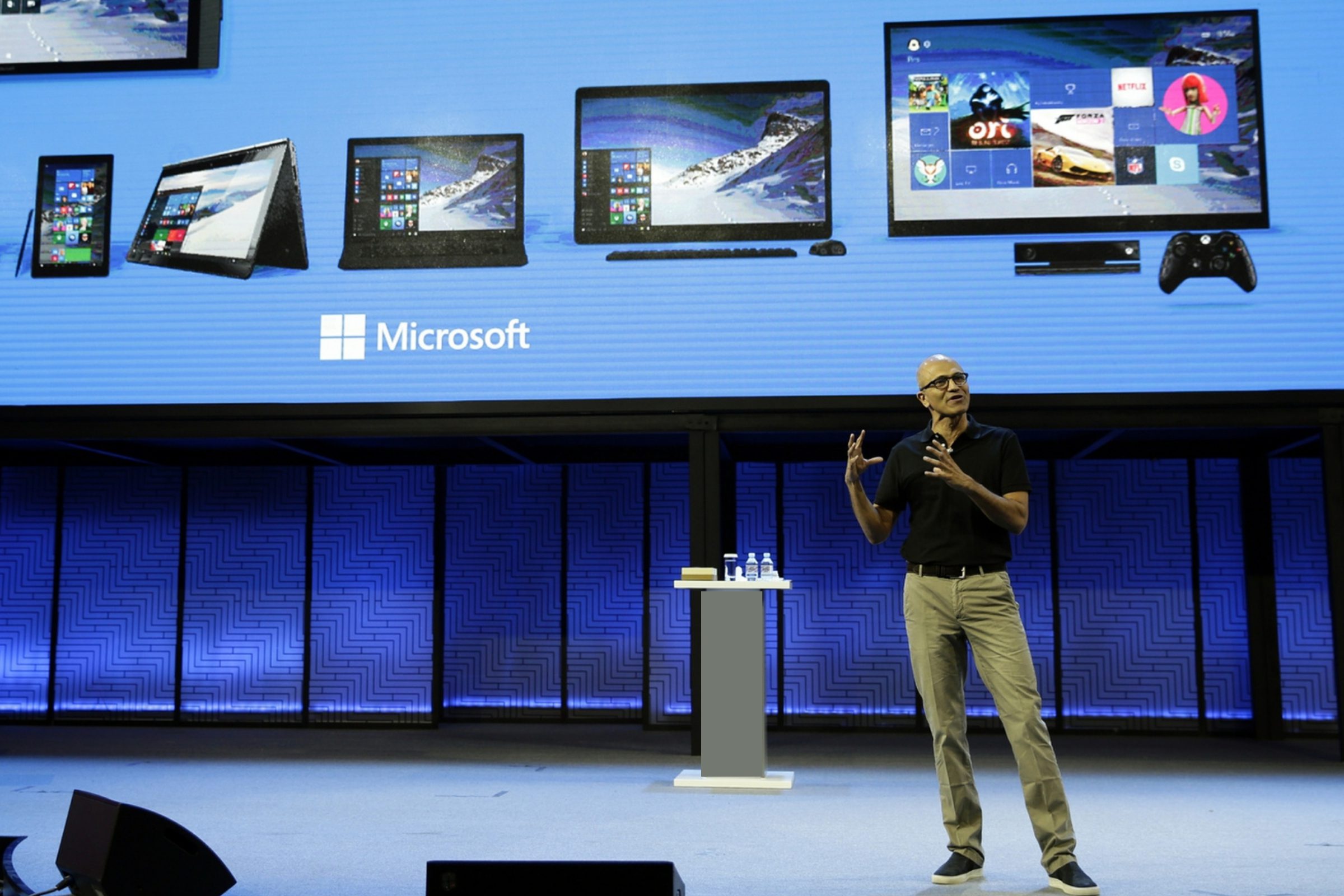Remember when voice assistants were hailed as the future? Well, Microsoft CEO Satya Nadella seems to have changed his tune. In a recent interview with the Financial Times, he called the first wave of voice assistants, including Apple’s Siri, Amazon’s Alexa, and Microsoft’s own Cortana, “dumb as a rock.”
Nadella was previously a vocal advocate for voice assistants, even going so far as to declare “bots are the new apps” in 2016. However, he has since acknowledged that the technology has not lived up to its promise. “They were all dumb as a rock,” he said. “Whether it’s Cortana or Alexa or Google Assistant or Siri, all these just don’t work.”
Microsoft launched Cortana in 2014 as a virtual productivity assistant that could respond to prompts, organize daily meetings, and create reminders, among other features. However, the company struggled to integrate Cortana with smartphones, unlike Apple and Google, which led to Cortana being used by just 2% of global consumers as their primary voice assistant, according to Insider Intelligence analysis in 2018.
In 2021, Microsoft discontinued the use of Cortana on Android and iOS, with Nadella saying at the time that he no longer saw the product as a competitor to Alexa or Google Assistant.
But it’s not just Cortana that has struggled. Alexa, too, has faced challenges. Amazon’s “Worldwide Digital” unit, which covers everything from its Echo smart speakers to its Prime Video streaming service, had an operating loss of over $3 billion in the first quarter of 2022, according to internal data obtained by Insider’s Eugene Kim. The majority of these losses were associated with its Alexa device.
Apple’s Siri has also been the subject of criticism, with iOS users venting their frustration on Reddit.
Opinion:
The recent comments by Satya Nadella on the limitations of voice assistants highlight the need for innovation in this space. While the technology has come a long way in recent years, there is still much to be desired in terms of functionality and user experience.
The success of OpenAI’s ChatGPT, with its impressive array of skills and ability to understand complex information, is a testament to the potential of generative AI in this field.
Microsoft’s investment in OpenAI and its collaboration on the new Bing search engine show that the company recognizes the need for innovation in this space and is taking steps to lead the way.
As consumers continue to demand more from their voice assistants, it will be interesting to see how companies like Microsoft and Amazon respond and what new innovations they will bring to the table.
Reference and Source: Business Insider.









